Top Girls at the National Theatre: A reminder of how little social discussion has changed since the 80s
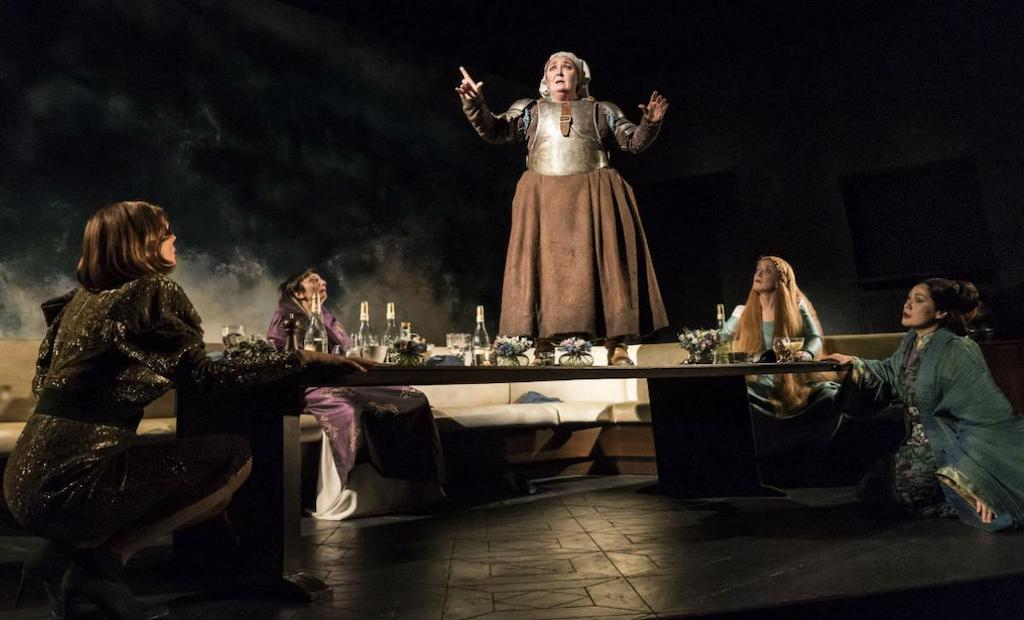
Pope Joan births a baby on the streets of Rome, cardinals aghast. Dull Gret plunders Flemish hell. Lady Nijo walks the length and breadth of Japan. Isabella Bird travels the world at a time when women just didn’t do that. Patient Griselda sacrifices everything for her husband. And Marlene? Glittering shoulder-pads like wings, pouring wine and schmoosing her guests? No longer the modern woman, she is now just as historical as her dinner companions, an image of Thatcherite feminism sat aside more ancient struggles.
In coding certain parts of Caryl Churchill’s Top Girls as explicitly of the 1980s – it was written in 1982 – while allowing others to take on a more timeless quality, director Lyndsey Turner straddles period piece and present, a reminder of how little has changed in the framing of discussions not only about women, work and children, but also class, power, politics and the exceptional individual.
Though Katherine Kingsley’s acerbic, striding Marlene is the de facto lead – the narrative tracking her ascension to top Top Girl through planes both metaphysical and painfully real – it is Liv Hill’s Angie that most makes herself felt. Hill, in a remarkable stage debut, imbues the young girl with the kind of peculiar, boundless spirit that is deemed unclassifiable or unwanted, be it by parents or school or work. She has passion and energy that is given no guidance or outlet, breeding anger and impulse towards violence, precisely because she has been dismissed from the get-go.
As Ian MacNeil’s set swells from the dingy concrete basement Angie hangs out in to the bright lights and open space of Marlene’s workplace, it becomes very clear society’s false meritocracy is only interested in a certain kind of exceptionalism. The world decides its Angies just don’t have what it takes, without considering whether that “it” is worth anything at all.
There are likely better productions of this classic. Turner’s version often struggles to settle into the Churchillian rhythms of the writing, notably at the beginning of both the iconic dinner scene and the introduction to the Top Girls agency; the overlapping interruptions don’t quite come off, appearing more accidental than intentional. But there is no doubting the force of the play’s cumulative impact. As Marlene and her sister Joyce battle over old party lines and sibling resentments, both scarred by the things they have had to give up, there is a girl in the middle left terrified at her placelessness in the world.
Connor Campbell
Top Girls is at National Theatre from 26th March until 22nd June 2019. For further information or to book visit the theatre’s website here.


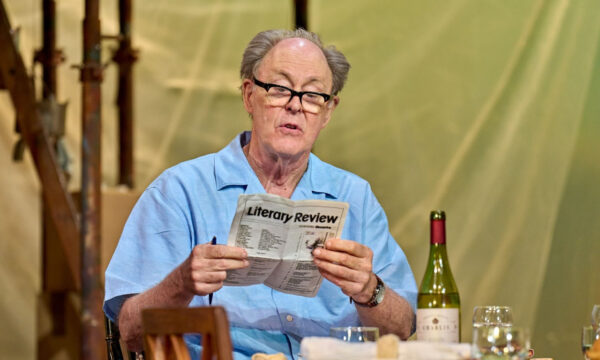
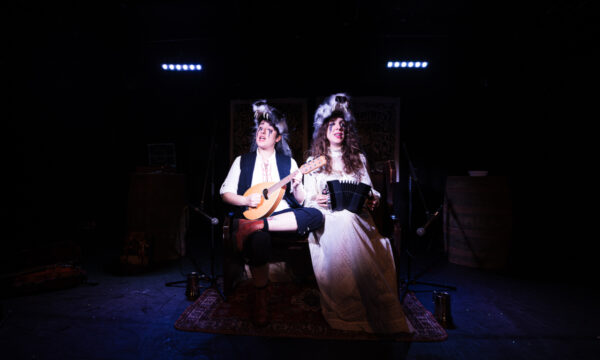
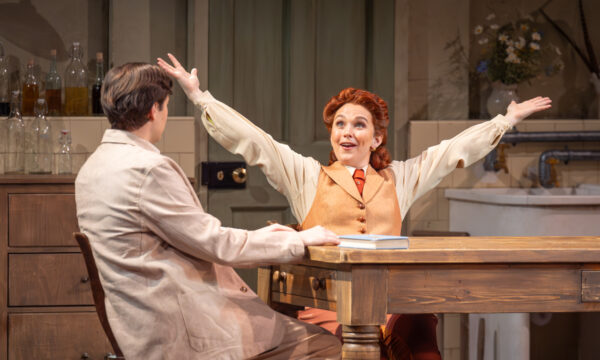
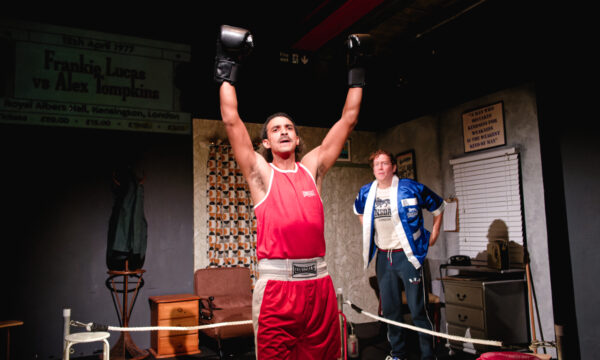
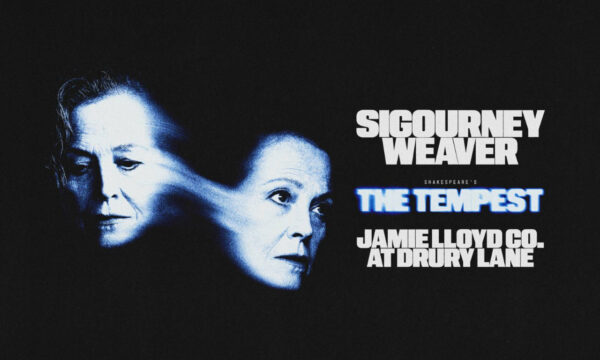

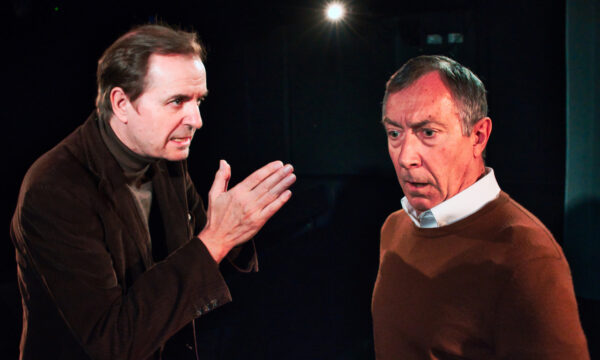

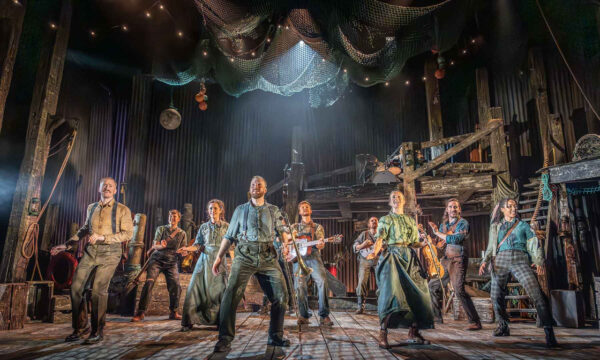









Facebook
Twitter
Instagram
YouTube
RSS